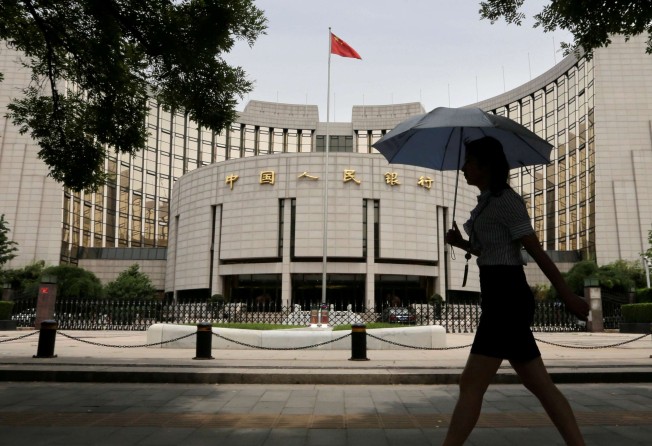Hang Seng Index, mainland China stocks lower amid concerns over tighter liquidity
Hang Seng Index sheds 0.07pc to 23,331 but energy stocks hit harder as price of oil declines, with Sinopec, CNOOC and PetroChina all trading down

Hong Kong’s benchmark Hang Seng Index and mainland China stocks closed moderately lower on Tuesday as the Chinese central bank maintained its tighter liquidity stance and investors remained cautious amid global uncertainties.
The Hang Seng Index edged down 0.07 per cent or 16 points to 23,331 while the Hang Seng China Enterprises index gained 0.06 per cent or 5.8 points to 9,846.06.
Energy stocks largely retreated after oil prices declined in US trading overnight. Sinopec was down 1.61 per cent to close at HK$ 6.08 while PetroChina dropped 0.33 per cent to HK$6.05. CNOOC closed 0.51 per cent lower to HK$9.65.
Among the gainers, China Unicom surged 2.6 per cent to HK$9.45, but it was outpaced by AAC Technologies which rose 3.45 per cent to close at HK$82.45.
Mainland Chinese shares slipped after the People’s Bank of China said it would skip open market operations to inject cash into the banking system for a third trading day, citing high overall liquidity.
The Shanghai Composite Index shed 0.12 per cent to finish at 3,153.09 while the blue-chip CSI 300 dropped 0.22 per cent or 7.52 points to 3,365.68.
The Shenzhen Component Index edged down 0.23 per cent or 23.17 points to 10,055.56 and the Nasdaq-style ChiNext fell 0.60 per cent or 11.31 points to 1,889.13.
Hannah Li, an analyst for UOB Kay Hian, said with a large amount of open market operations due to expire this month, the halt in PBOC cash injections was weighing on the market.
“The central bank has been taking back the holiday liquidity, which can hurt investor sentiment,” she said. “And the market is still closely watching if Donald Trump will roll out any trade policies that may hurt China.”
The Chinese central bank set the yuan reference point against the US dollar at 6.8604, two basis points stronger than Monday. The onshore exchange rate is allowed to move up to 2 per cent either side of the reference point for the day.
Overnight in the US market, the S&P 500 slipped 0.21 per cent to 2,297.42 while the Nasdaq Composite was down 0.06 per cent to 5,663.55. The Dow Jones Industrial Average dipped 0.09 per cent to 20,052.42.
Other Asian markets lost ground on Tuesday as well. Tokyo’s Nikkei 225 fell 0.35 per cent to 18,910, its worst performance since January 24, as investor sentiment was weighed down by a stronger yen and global market losses. The yen surged to its strongest level against the US dollar in more than two months.
Australia’s S&P/ASX 200 dropped 0.13 per cent to 5,608.40 as crude oil price declined. South Korea’s Kospi was down 0.12 per cent to close at 2,075.
Shares in companies related to the missing Chinese billionaire Xiao Jianhua extended their falls on Tuesday as there was still no word on Xiao’s whereabouts.
Additional reporting by Viola Zhou